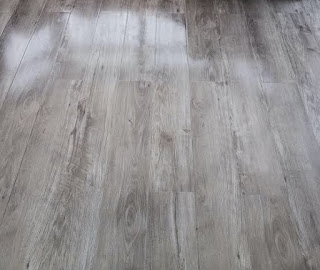Erasing old movies
Teenage movies back in the day were about how we felt different to our peers, we were each unusual and didn't fit. The movies were about how we tried.
The films were highly inappropriate, but we were so normalized to inappropriate that we didn't notice. Rapey, racist, sexist, were normal.
Grease (1978) was chock-a-block full of sex talk - I didn't notice - children ignore what they don't understand and fit what they do into a world that normalized what they did. Girls getting tossed aside if they didn't put out and accepted if they look like sluts. Normal. But to grown men our ignorance of what we were looking at looks like consent, acquiescence, flirting. "Young girls come on to me." Olivia's pants were fashion. Slut pants were fashion. Even now I am deeply uncomfortable with using the term 'slut'. And does my discomfort systemically play right into the patriarchal agendas depicted in Grease.
And movies work like history does. When I look back on apartheid I experience the same discomfort. And talking about the issues to sort out the concepts is much less acceptable than talking through the teen issues, much more fraught, much more landminey. The narrative doesn't belong to me, like it doesn't belong to men.
Molly Ringwald says in The New Yorker, "How are we meant to feel about art that we both love and oppose? What if we are in the unusual position of having helped create it? Erasing history is a dangerous road when it comes to art—change is essential, but so, too, is remembering the past, in all of its transgression and barbarism, so that we may properly gauge how far we have come, and also how far we still need to go."



Comments
Post a Comment